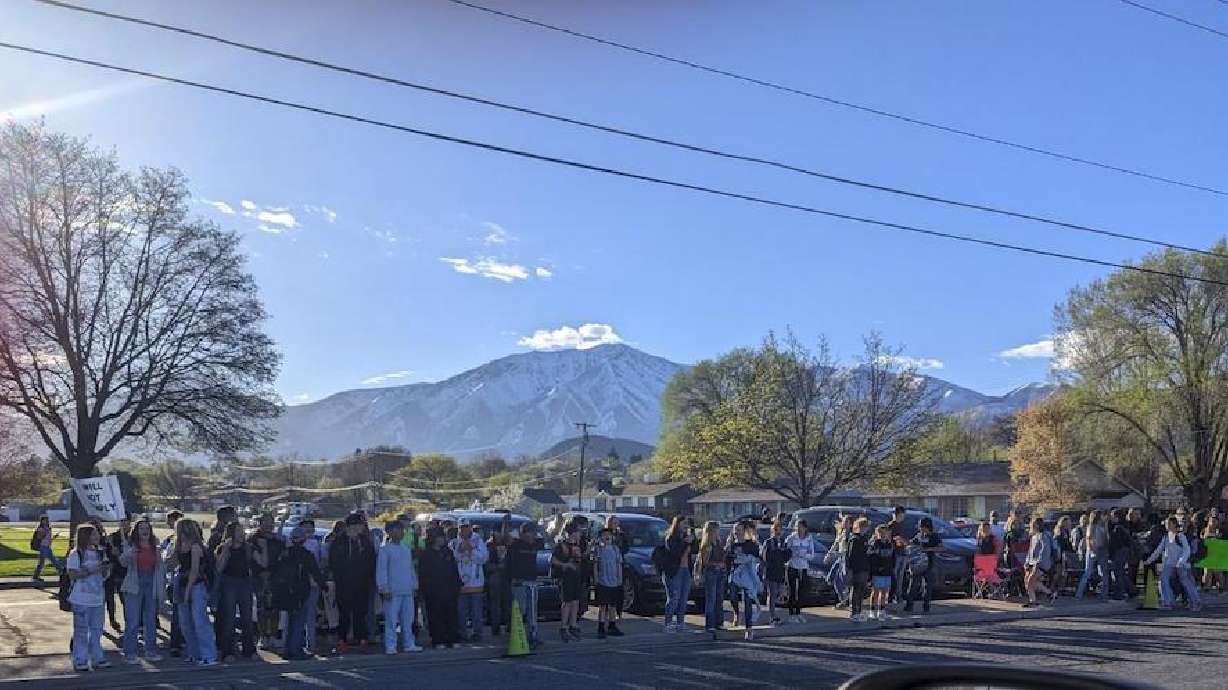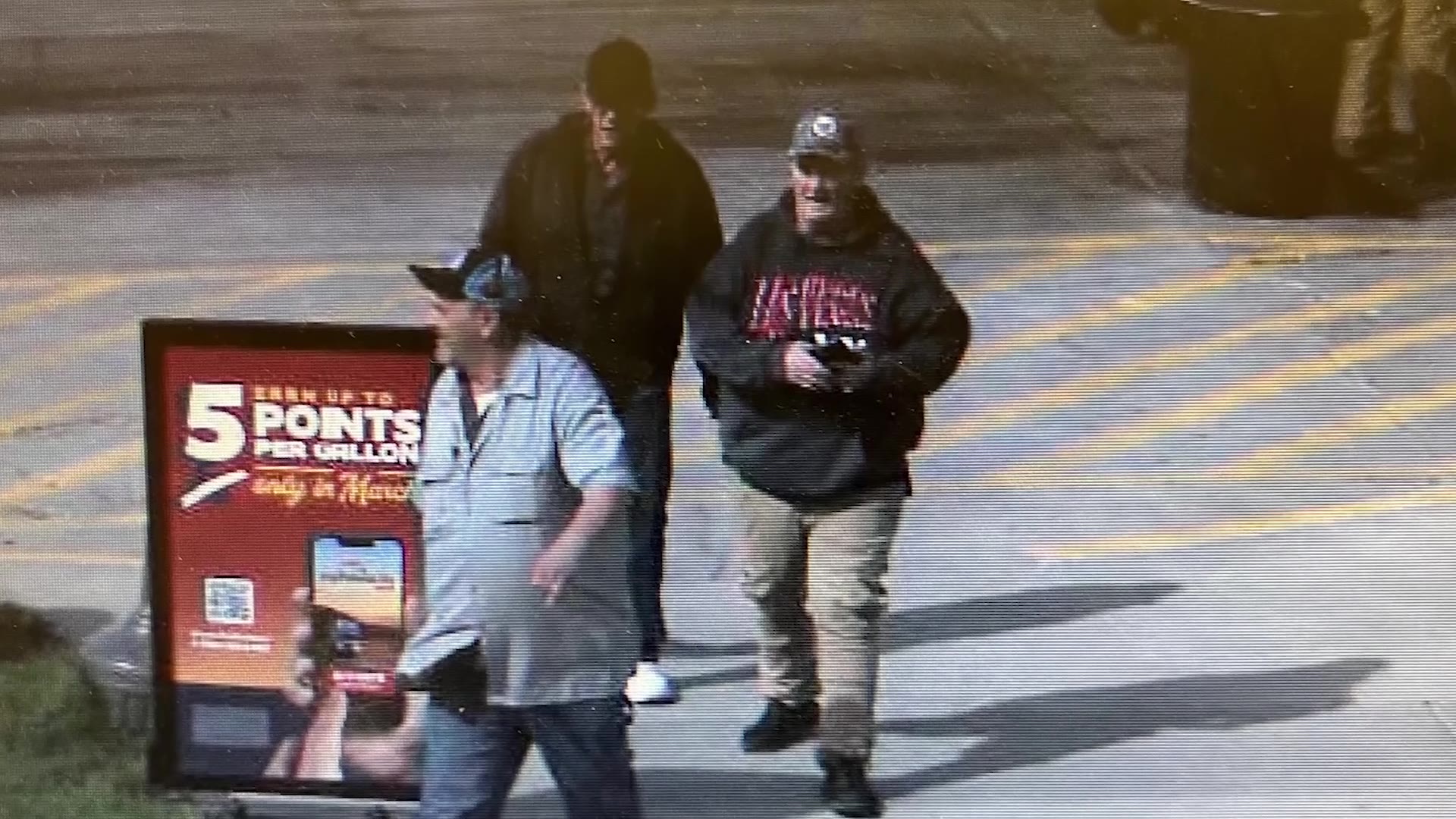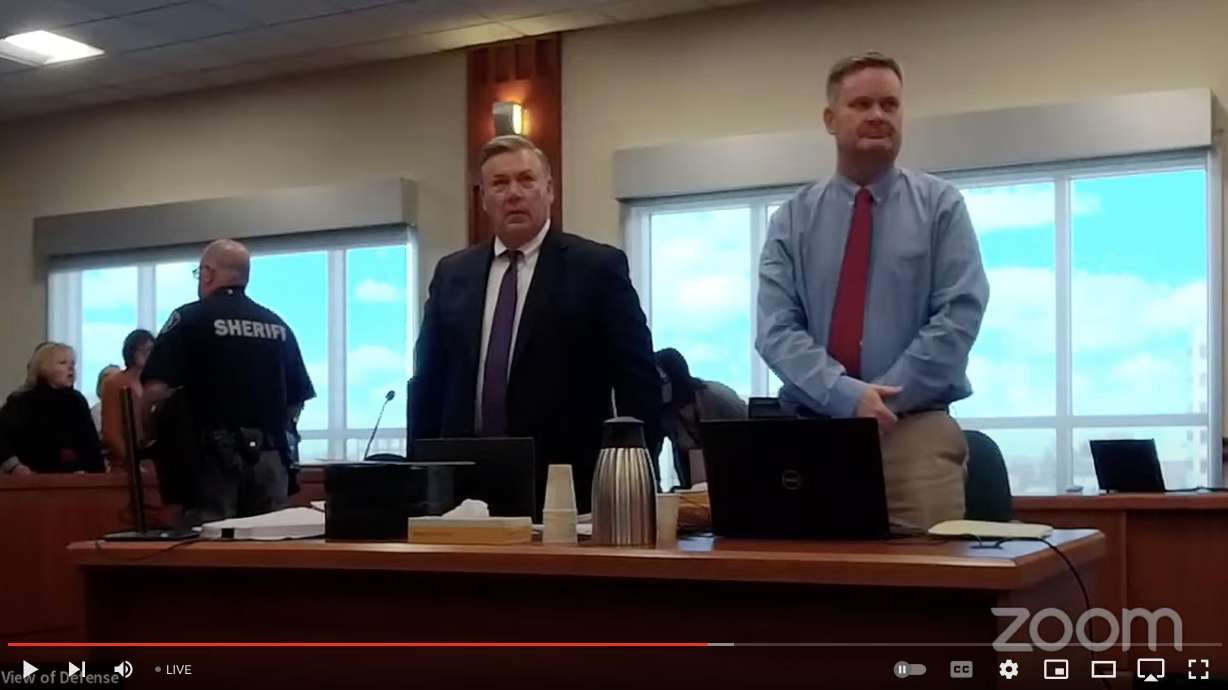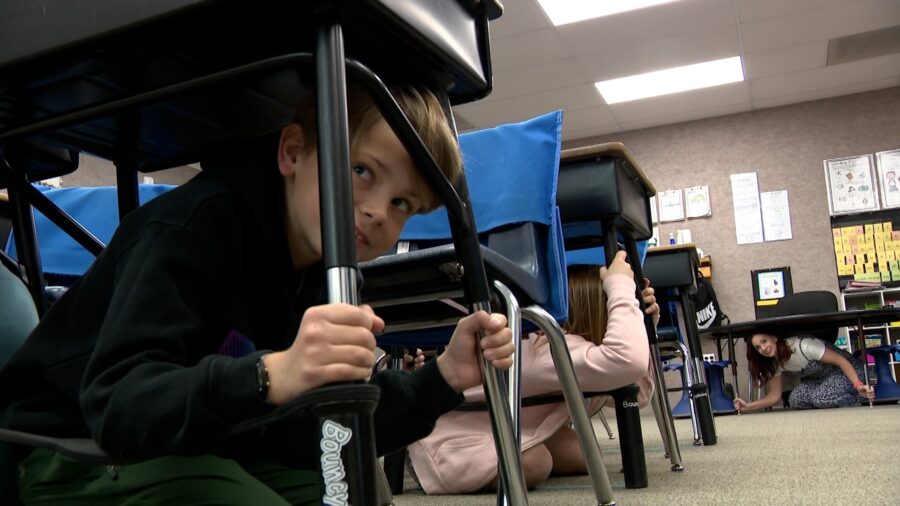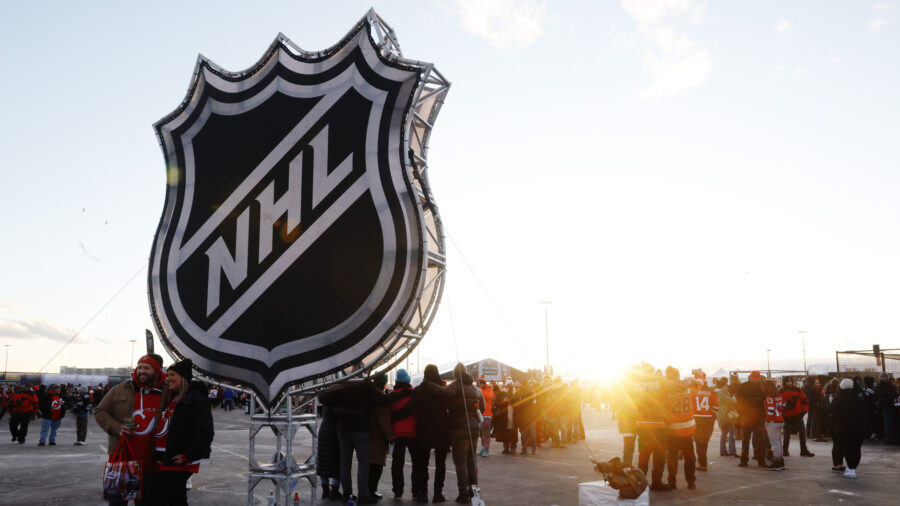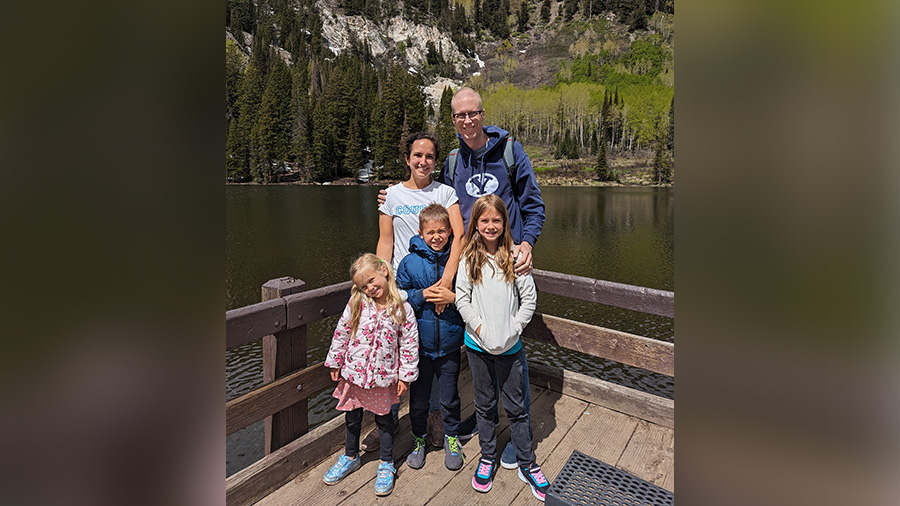Groups plan to sue after expected override of transgender bill veto
Mar 23, 2022, 12:02 AM | Updated: Jun 13, 2022, 11:04 pm
SALT LAKE CITY — Advocates for transgender youth announced Tuesday that lawsuits will be filed if the legislature overrides Gov. Spencer Cox’s veto of the transgender sports ban.
“The Legislature betrayed our trust and blindsided the LGBTQ community in the final hours of the session,” Equality Utah wrote in a statement.
HB 11 bans transgender girls from female school sports and mandates the process for trans boys competing in sports.
In a press conference Tuesday, Speaker of the House Brad Wilson, R-Salt Lake City, was confident they’d have enough votes to reverse the veto made by Cox earlier in the day.
“This is us setting state policy around preserving girls’ sports,” he said. “This is not directed at anyone or any specific individuals.”
Wilson and Rep. Kera Birkeland, R-Morgan, addressed last-minute changes to the bill, which Cox cited in a five-page veto letter as one of the main reasons he believes HB 11 is fundamentally flawed.
Those changes included the outright ban for female trans athletes in female sports, which troubled Cox and groups like Equality Utah.
“It is important to note that a complete ban was never discussed, never contemplated, never debated and never received any public input,” he wrote.
“Equality Utah worked in good faith with Rep. Birkeland and other stakeholders for the last year in an attempt to find common ground,” the organization wrote. “We met with Speaker Wilson and President Adams, and we were always assured we would find a path forward that would not include a ban. Never in our negotiations was a total ban discussed or considered.”
Birkeland said they have public support for the bill they have today, and the decision made was “not taken lightly.”
She said that she believes they can find a place and opportunities for trans youth.
“One of the things we care a lot about is competitive and safe women’s sports,” Wilson said.
If there is a cost to the state of Utah to do that, he added, then it is a policy that lawmakers are comfortable with.
Cox was not comfortable with that, saying specifically in his letter that any lawsuits could bankrupt the Utah High School Activities Association (UHSAA), and that individual schools have reached out to his office with concerns.
Equality Utah confirmed lawsuits will be filed.
“If we cannot find justice through our legislature, we will have no choice but to seek justice in our courts,” they stated.
David Spatafore, lobbyist for the UHSAA, said they will change their policy if the legislature overrides the veto, and asked the state to fund any litigation.
“We know that’s been litigated in all the other states, we know that there’s been a stay of action in all those other states,” Spatafore explained. “And so, what we have asked the legislature to do is, because it’s a ban that the legislature imposes, we would like the legislature to reimburse us, or to indemnify us so we don’t have any costs.”
The UHSAA hopes to get that promise of indemnity during a special session Cox called for Friday to address that very issue.
The session will take place right after the override vote.
Spatafore said of 72,000 student participants in activities, four are transgender students. One of those four is a female trans student.
Cox listed staggering statistics for transgender youth in his letter, including that 86% of trans youth report suicidality and 56% of trans youth have attempted suicide.
Those numbers were the final reason Cox refused to let HB 11 become law: Great kids who face enormous struggles, he wrote, who just want to be accepted and loved.
Dr. Candice Metzler (they/them/she/her), executive director for Transgender Education Advocates of Utah, agreed with those sentiments and said HB 11 sews division and seeds of self-hatred.
While Birkeland had expressed she believed HB 11 allows them to work together and move forward, Metzler felt it does the opposite and shows a lack of compassion.
They shared a message for trans youth, saying she hopes they know that people see them, care about them, and are here for them.
“My heart is breaking for these young people who continue to get a message that they don’t belong,” she said. “That we would fight so hard, we would call a special session, create this much fuss for these young people — who just want to grow up, and go to school, and have a future.”


